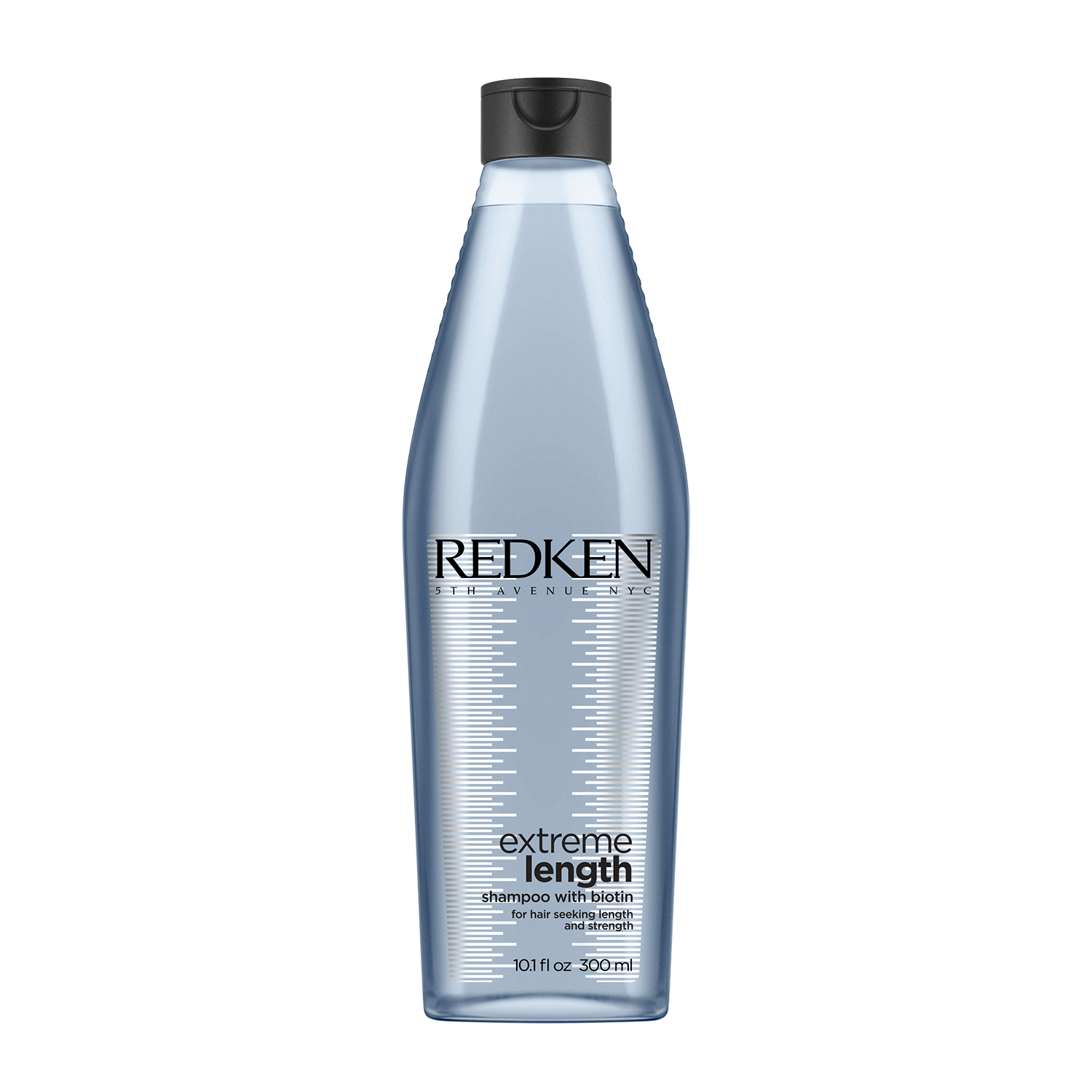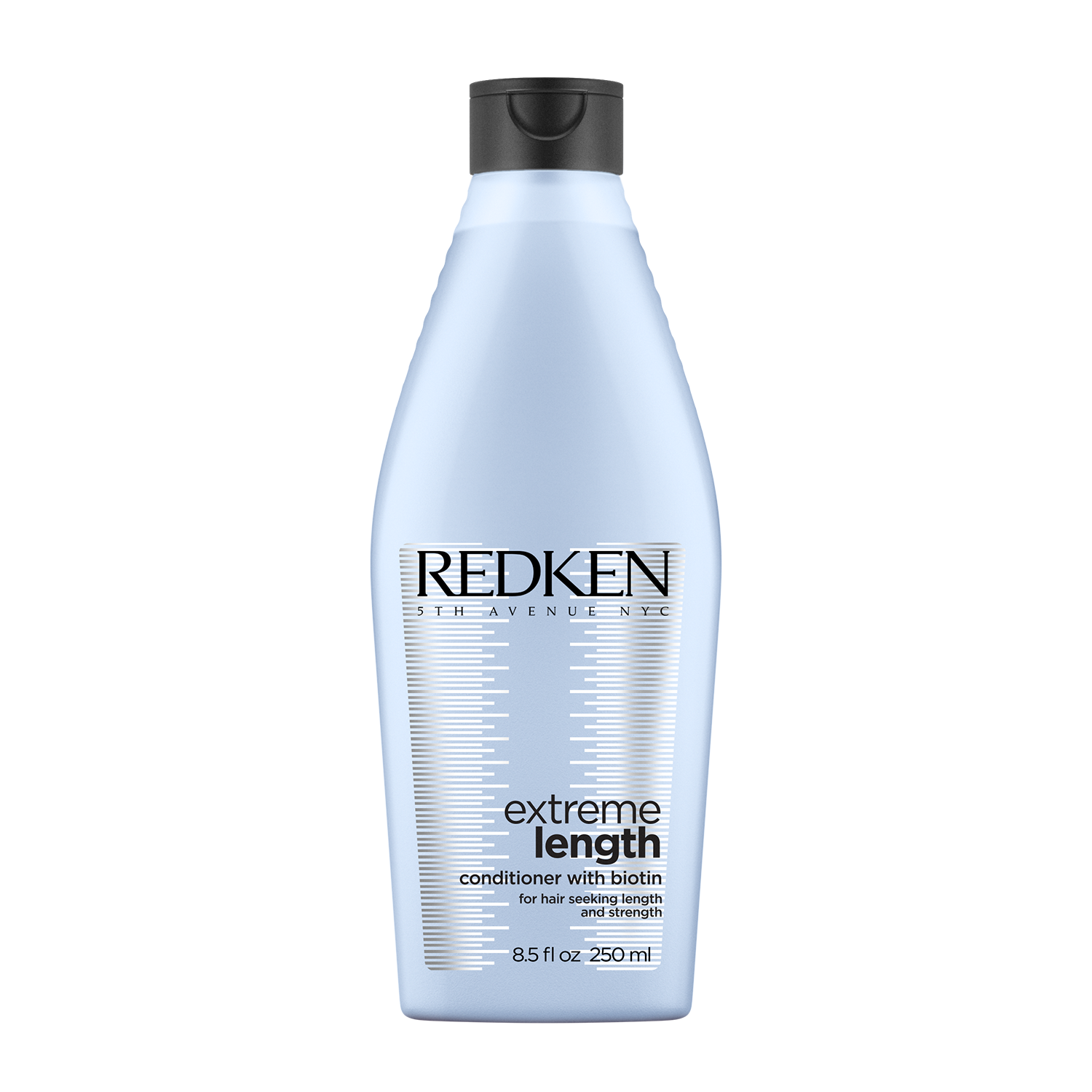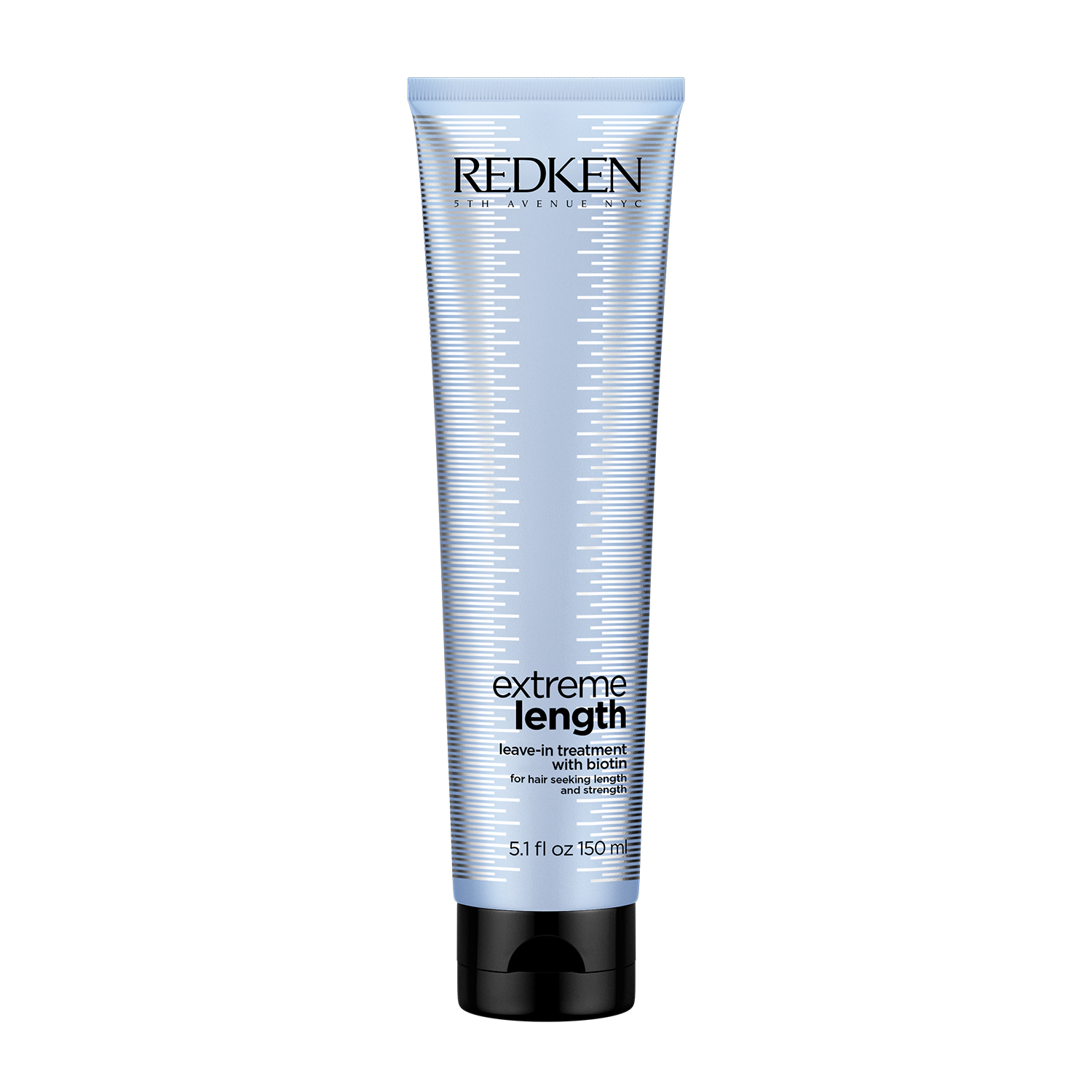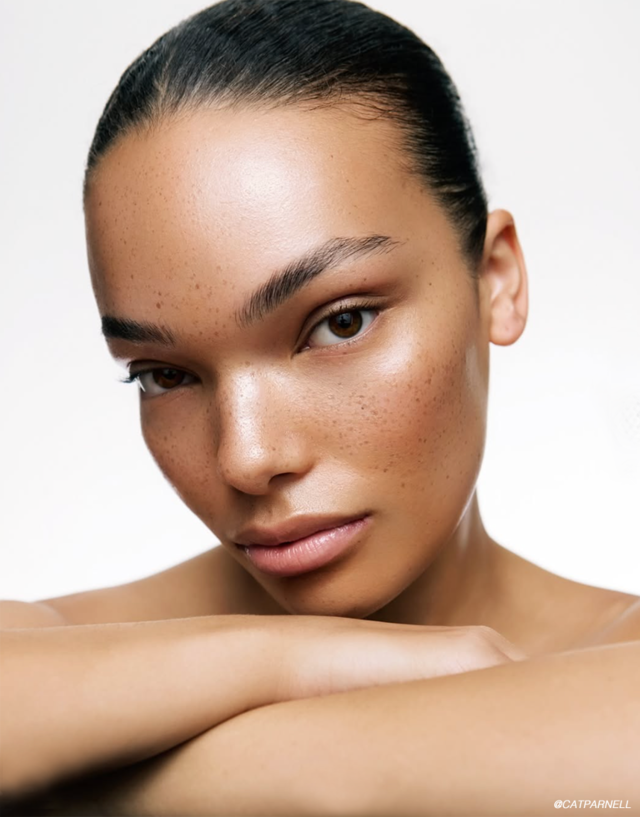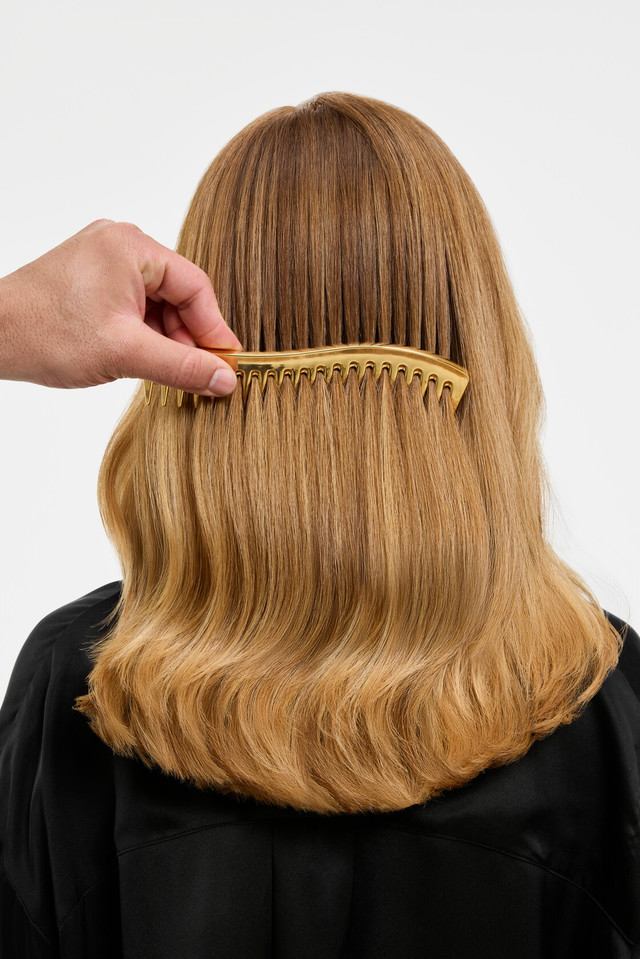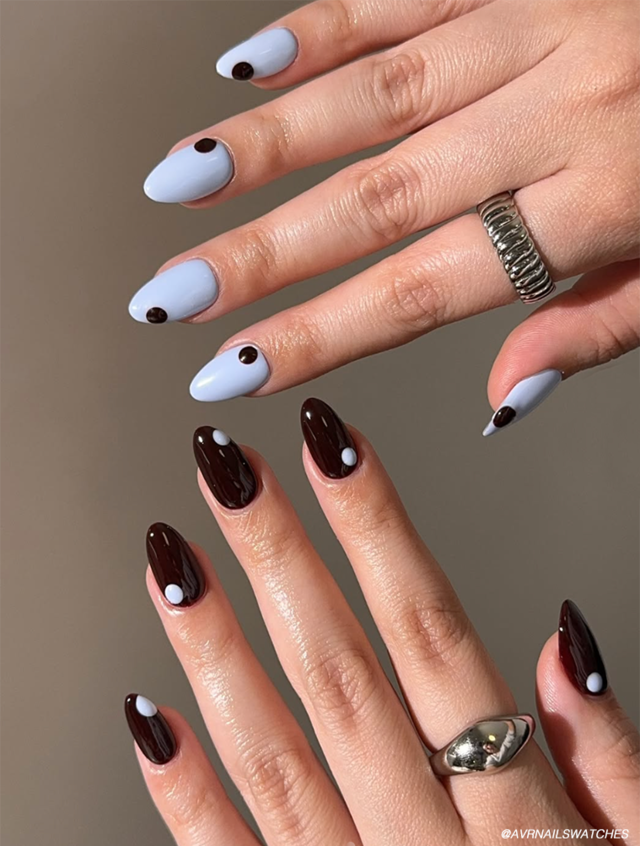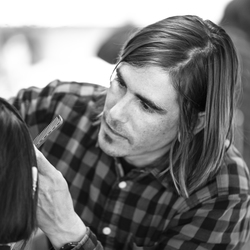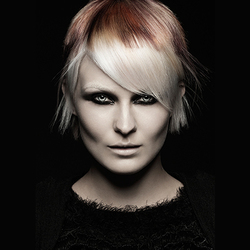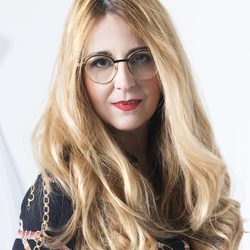If you’ve ever felt like your hair just won’t grow or that it won’t grow past a certain point, chances are there are some underlying issues affecting your hair’s health that you’re not aware of. The average person’s hair grows at a rate of about ½ an inch every month. While some variation is normal—after all, hair is just as unique as the individual—dramatically less growth than that isn’t typical.
Everything from what you eat to the products you use to your hormones and even environmental factors can affect your hair’s growth. Luckily, there are things you can do to correct imbalances and promote healthier, faster-growing strands. Here, we break down some of the main reasons your hair isn’t growing and what you can do to counteract them.
Your Hormones Are Imbalanced
You probably already know that hair is intricately linked to hormones. Whether you’ve experienced postpartum hair loss or excessive breakage when you’re stressed, your hormones play a huge role in overall hair health. According to experts, poor growth rates could be contributed to a hormonal imbalance or an underlying hormonal issue, such as PCOS or hyper-/hypothyroidism. Treating the underlying condition is the best way to not only improve the health of your hair but also your overall health and well-being.
Once you’ve started to address the hormonal imbalance, incorporate hair growth-boosting products into your routine to help promote thicker, healthier strands. We like the Extreme Length Shampoo, Conditioner, and Leave-In Treatment with Biotin system from Redken.
You’re Not Getting the Right Nutrients
Poor diet has long been linked to poor skin, nail, and hair health. When it comes to hair growth, it’s less about what you are eating and more about what you’re not eating. Not getting the right vitamins and nutrients—specifically antioxidants, fatty acids, iron, zinc, biotin, protein, folic acid, niacin, selenium and vitamins A, D, and E—can seriously affect your hair’s health and growth rate.
To promote better hair health, maintain a well-rounded diet with lots of natural, preservative-free foods. Incorporate nutrient-packed options, like nuts, seeds, berries, greens, eggs, avocadoes, sweet potatoes, fish, and other healthy foods, into your diet.
Your Hair Is Stressed
Over-processing and over-styling can lead to breakage, damage, and overall poor hair health, making it harder for your hair to grow. Product and other buildup can clog hair follicles, stunting growth. Even certain hairstyles, like braids and extensions, can cause excessive stress on your strands and scalp.
The same is true of chemical processing and dyes; over time, these services can weaken your hair and lead to damage, as chemically treated hair is more porous and, therefore, more prone to damage.
To counteract external damage and allow your hair the chance to breathe, do a hair/scalp detox. Put away the hot tools, take a break from chemical processing, and ease up on the styling products. You can even incorporate shampoos, conditioners, and other products specifically designed to eliminate buildup and repair over-stressed strands into your routine. We like Redken’s Extreme Bleach Recovery line (consisting of a shampoo, Lamellar water, and Cica Cream leave-in treatment), as well as the Extreme Anti-Snap Leave-In Treatment for Damaged Hair.
Age or Disease Is Affecting Your Hair
An illness, like pneumonia, or a hereditary condition, like hair miniaturization, can affect your hair’s overall health and growth. And, as we get older, we all face some degree of hair thinning and/or loss. While it may not be possible to reverse this entirely, you can address thinning, weakened hair with the right products and treatments. Look for shampoos that promote hair follicle health and pH balance, as well as treatments specifically designed to restore and rejuvenate damaged strands. Redken’s Extreme Strengthening Mega Hair Mask for Damaged Hair provides intensive, long-lasting conditioning and utilizes an RCT Protein Complex to help improve hair strength.
*Please note: The information presented on this site is in no way intended as medical advice or as a substitute for medical treatment. You should always consult with your physician or other health care professional before taking any medication or nutritional, herbal or homeopathic supplement, beginning any diet, nutrition or fitness plan or adopting any treatment for a health problem, whether offered on the Site or otherwise.

